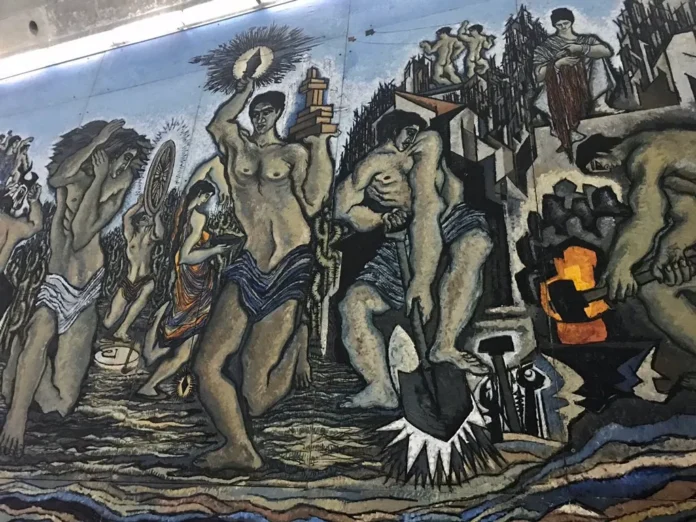Author: Muhammad Azeem
Affiliation: Shaikh Ahmad Hassan School of Law, Lahore University of Management Sciences (LUMS), Lahore, Pakistan.
Organization/Publisher: Taylor & Francis Online
Date/Place: July 8, 2020/ UK
Type of Literature: Article
Number of Pages: 18
Link: https://www.tandfonline.com/doi/full/10.1080/01436597.2020.1780115
Keywords: Neo-colonial hegemony, Counter-hegemony, Dependency, Imperialism.
Brief:
In Pakistani academic literature, the military is presented as an all-powerful political actor which decides the fate of the country. But neo-colonial hegemony and marginalized classes as potential counter hegemonic forces are left out. Getting the bigger picture is crucial to understanding Pakistan, such as Imperialism’s pivotal role in Pakistan’s social formation and the political status of its military. Accordingly, the author proposes that realizing Pakistan’s dependency on greater powers gives a new perspective on its state theory. For example, understanding class relations as transcending elite-class clashes and analyzing such as both imperialist-serving and self-seeking, not simply a struggle for power. While neo-colonialism merely shifted its hegemony from UK bourgeoisie to US ones, it increased Pakistan’s dependency and boosted its military for Cold War purposes. The landed elites and the military faced counter-hegemonic forces of the worker and peasant movement in the 1970s, which boiled down to Zia ul-Haq’s regime openly acting as a seat of power for the US in its Afghan campaign against the Soviet Union. In the 1980s-90s, Pakistan’s dependency on particularly the Gulf and US imperialism increased, and it deepened with the rise of liberal globalization via International Financial Institutions, and furthered by both Nawaz Sharif and Benazir Bhutto. Pakistan’s dependent nature has been constant, merely shifting from the US as its source of security to the Gulf and increasingly China. The counter-hegemonic forces have also played a role as shown in the 1970s, the author proposing that their absence is the primary reason why Pakistan lacks meaningful democracy since nothing is there to balance imperialist hegemony.
By: Omar Fili, CIGA Research Intern




